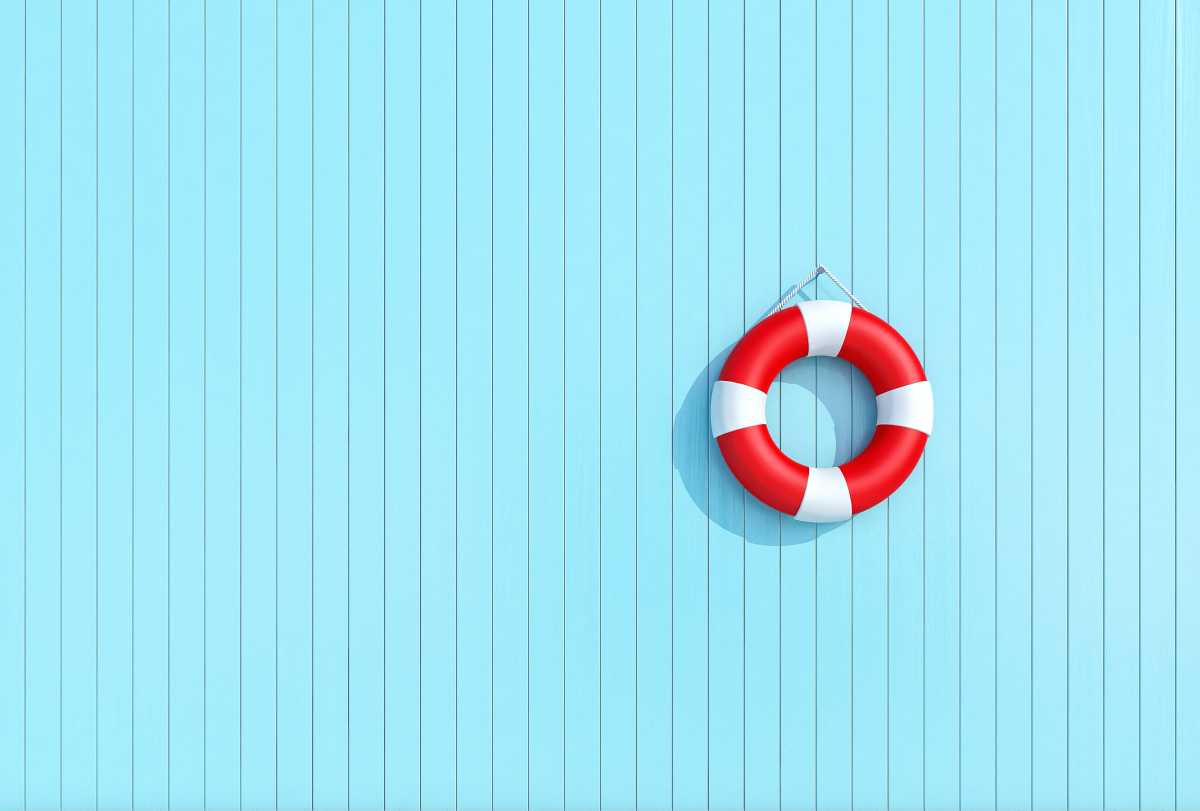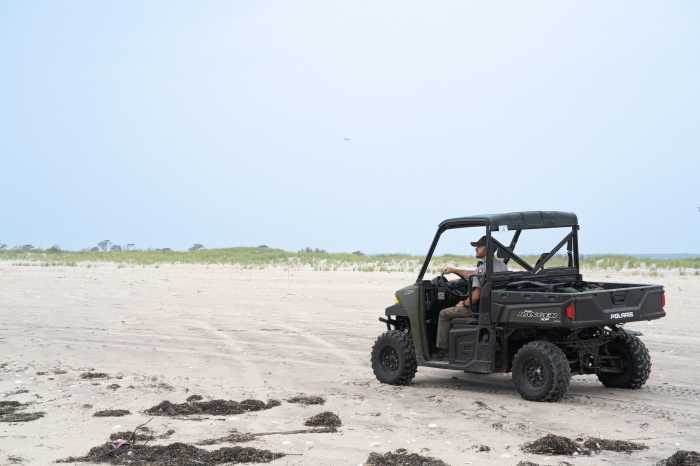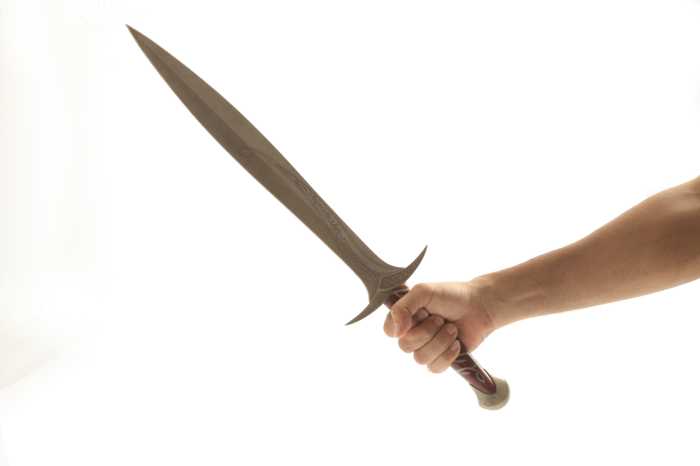A trip to the emergency room (ER) is likely separate from your list of summer plans. Still, Dr. Robert Glatter, an emergency physician at Northwell Health’s Lenox Hill Hospital, sees plenty of injuries that could have easily been prevented. Here are his recommendations for staying safe during your fun and what to do in case there is an emergency.
Be Careful When You Clean Your Grill
Consider an alternative if you’ve been using a wire brush to scrape remnants off your grill.
“We’ve had people come in with abdominal pain and chest pain after eating grilled meats because these small wire bristles get left on the grill, and then they get embedded in whatever you’re grilling and eating,” Dr. Glatter explains.
Dr. Glatter recommends cleaning your grill with a soft cloth and a barbecue-safe cleaning solution instead of a bristle brush. Also, keep a distance from the grill. Burns, singed eyebrows, and nasal hair are common grill injuries, so operate it with extra care.
Sand is a Common Eye Irritant
Sand in your eyes can be more than an annoyance…
“I’ve seen many people come in with corneal abrasions in their eyes after a day at the beach,” Dr. Glatter explains.
If you get sand in your eyes, the best thing to do is flush it with saline solution.
“Irrigation is the safest. Try not to put your finger in your eye and dig anything out,” Dr. Glatter says.
If you start to notice any changes in your vision, you should see a physician immediately.
Avoid the Scents that Attract Bees
Avoid bee stings by knowing how not to attract them.
“Bees are attracted to sweet scents, so it’s important to avoid wearing any type of sweet perfume or leaving any sweet, sugary food outside,” Dr. Glatter explains.
“I had a patient many years ago who drank a swig of soda from a can and came in saying she had the worst pain in the middle of her chest—turns out she had swallowed a bee,” says Dr. Glatter.
If there’s a bee in your immediate area, don’t swat at it.
“Swatting at bees will make them become more aggressive and sting,” Glatter explains. “That’s just going to anger them.”
If you do get stung, leave the area immediately.
“Bee stings release a pheromone that attracts more bees, so once you’ve gotten stung, you need to leave,” he says.
When treating the sting, be mindful of how you remove the stinger.
“I recommend scraping the stinger off using a dull object like a credit card or fingernail—don’t use a tweezer to pull the stinger out because you can cause more venom to be released. Apply an ice pack, some hydrocortisone cream and take Benadryl to reduce itching and swelling.”
Always keep a doctor-prescribed EpiPen if you’re allergic to bee stings.
Stay Safe on the Bike
“We see a lot of bicycle injuries in the spring and summer months because more people are out and about in the parks,” says Dr. Glatter.
The truth is, it’s easy to get rusty after months or years of not doing it. Combine that with heavily trafficked trails and pedestrians trying to enjoy the same outdoor space, and you have all the makings for a potential accident.
If you last rode a bike a while ago, take it out for a spin and get reacquainted with it before hitting those bike trails.
Even Small Fireworks Can Be Hazardous
Dr. Glatter recommends leaving fireworks to the professionals. Even small ones pose a risk of injury.
“Minor fireworks like sparklers and firecrackers are things people think are harmless but are very dangerous,” he says.
Remember Your Sunscreen
“You have to reapply sunscreen at least every two hours. They may be advertised as lasting all day, but that’s not the case,” Dr. Glatter urges.
If you’re working out in the sun, be mindful of your choice of garments. Dr. Glatter says he’s noticed a trend of sunburns that have resulted from rays getting through the mesh panels of trendy new workout gear.
Stay Hydrated
This one’s especially important for young children, but staying well hydrated is essential for all in every season, especially during the heat of summer.
“Avoiding highly concentrated sweet drinks, because that can lead to dehydration,” Dr. Glatter explains. “Sugarys cause you to lose more water because your body is trying to dilute the sugar intake.”
If hiking, Dr. Glatter recommends taking frequent sips along the way rather than waiting until you feel thirsty to ensure you’re staying hydrated.
So kick back and enjoy the stuff that memorable summers are made of – and take the necessary steps to help prevent a last-minute trip to the ER.


























